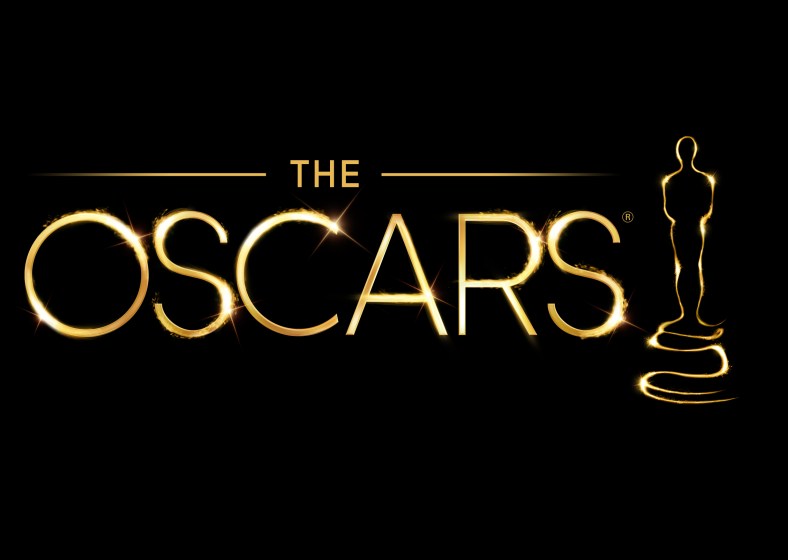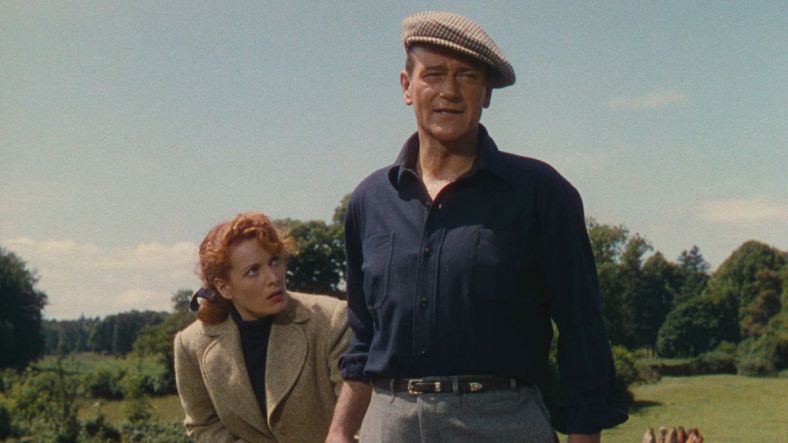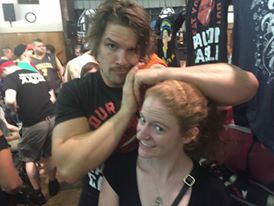
Last week I inherited a beaver’s self-portrait from my grandparents. At least, that is what we always called it. My grandpa found it down by the river one day. It’s a log, really. But Grandpa noticed this particular log seemed to have something carved in it, namely, a beaver sniffing its way up the tree. So he brought it home and, for as long as I have been alive, that beaver has been as much a part of the farmhouse as Grandma and Grandpa themselves.
It’s been over a year since Grandma died, but it was only this past Friday that representatives for the kids could congregate together to claim their share of the home’s contents. Five of the seven siblings were represented, including my sister and I, who split our mother’s share of the trust.
Though, how we are going to share this beaver log remains to be seen.
The beaver was one of the big ticket items. We drew marbles out of an old orange juice container to determine the order we picked things in. We used our first-round pick on the beaver. With the second round, I took some glassware Grandma got as a wedding present when they wed back in the 1940s. I don’t think those glasses had moved from the shelf for decades until I carefully packed them up, completely unsure how to get it back to me in Vegas.
I couldn’t give you a price tag on the set. Perhaps it is one of those Antiques Roadshow discovery worth hundreds of dollars, but it probably wouldn’t fetch much more than $50 if I had to make an educated guess. Other items I picked up during the event included:
- A mason jar with flowers on it
- A glass with old, real cotton in it
- A copper music box that plays The Carpenters’ “We’ve Only Just Begun”
- An old paper banner we drew for one of our cousin Christmas production
- Two small candleholders
- A green glass container shaped like a hen
If the list doesn’t give you some idea about my family, my mother always said she didn’t grow up dirt poor. However, when I asked my Uncle Tom on Friday, he laughed and said he never got the memo they weren’t dirt poor.
I didn’t grow up poor. We were rather upper middle class thanks to my father’s job as an electrical engineer at IBM. After he died when I was nine though, we gradually slipped down the social structure. By the time I applied for college, my expected family contribution as caclulated by the FASFA was $0 after I turned 18. Which is good, as my mom, who took a job as a clerk at a superstore called Meijer my senior year, informed me she didn’t have any money to send me to college, so she and FASFA were on the same page.
My mom’s family always said she was essentially a snob. They didn’t use that word, but even a 10-year-old me could read through the coded language and saw the side eyes at our clothes bought from mall stores like Limited Too. I have lost track of the times my family reminded me that, before my father died, he warned my mom she would have to start shopping at places like K-Mart. She never took that advice and, judging by how often I’ve heard the story, her siblings seemed rather bothered that she didn’t.
When I graduated from high school, family on both sides, including my three living grandparents, came to the ceremony. I could pick where the celebratory dinner was and chose TGI Fridays. As we were leaving, my grandma pulled her daughter aside and made sure to point out my expensive taste. Thing is, I knew when I picked it there would be controversy because I, like my mother, have always been labeled a snob by my family.
Even though they make their digs about my taste in clothes and penchant for wearing heels, I am nonetheless a part of the clan. We are currently 65 people strong on my mother’s side, and I can name every single one of them. Our definition of family is such that once you are in, you don’t get out. We may mock you, but we love you, and there is no way you can get out. It’s like the mafia. You’re in for life.
I tell you about my own family in an attempt to contextualize what I am about to say because I know it will upset some of you. Get ready.
When Hillbilly Elegy came out a few years ago, I gobbled it up. It was a story I profoundly related to, as both author JD Vance and I “got out” of our country upbringings. And, unlike other stories of the redneck-made-good, Vance admits he is torn between the two worlds. Like Vance, I grew up around family that wanted a better life for me, but simultaneously discouraged me from pursuing it in any way that veered too far off course from their own experiences.
I applied to ten colleges and got into all ten, however my mother nixed all but three because the scholarship offers, while, generous, were not generous enough. I could choose between Western Kentucky University, Northwestern, and USC which, believe it or not, all would cost me essentially nothing to attend. Even though WKU didn’t even have a film program and I would have to pursue a generic Communications degree, my grandparents rooted for me to stay local. When I ended up opting for USC, Grandpa didn’t hide his disappointment.
“I don’t know what you think you’ll learn out there that is worth anything,” he said with a smile. To his credit, he didn’t try to talk me out of my choice, but he also made no effort to hide his disdain for California, the people there, and the ideals they espoused.
And guess what? When I got to USC, no one hid their disdain for the kind of people my family were either. Every semester there would be a class that would rile me up and I would call my mom to rant about how rural poor people get blamed for everything. After a couple of years of this, she started to wonder aloud if maybe Western would have been the better choice after all.
Meeting people’s family’s, no parents ever turned their nose down at me. However, they would hear about my upbringing or how my mom supported herself or my sister’s struggles and marvel in awe that I ended up where I did, which is particularly amusing considered I ended up right alongside their kid doing exactly what they were doing.
Yet they really did seem to believe that I had achieved some sort of miraculous feat. Like being the granddaughter of farmers, raised in Kentucky by a widowed woman barely getting by was the kind of baggage no person could overcome. At the time, I sat there listening, rarely saying more than polite thank-yous, thinking I really must have made such an impression on them. As I grew older though, I realize the compliment they were trying to pay me is that I got out. That it was a great accomplishment to be nothing like my family. They assumed with my socioeconomic status I had to be a Democrat and would balk upon learning I identified as a Republican.
Criticism of Vance’s is focused on social commentary and making sweeping assumptions that endorse several arguably Republican notions about class and poverty. It’s a fair criticism, but again I warn you when I say, at the individual level, I observed much of the same self-sabotage Vance documents in his own story.
But what he really got at, at least in my two readings of the book, is that it often feels like there is really no way for us rednecks to win. I have spent my entire adult life learning how to live in a culture my family knows nothing about. I think being a cultured person is a great pursuit and I try to learn as much about other cultures as possible. However, I cannot help but notice that several cultural practices I learned from my family are dismissed by my peers as old-fashioned or outdated.
Conversely, my family can often live up to stereotypical close-minded county folk because when they come across something foreign to them (both literally and figuratively), they resort to the defense mechanisms of judging it and choosing not to like it before someone can do the same thing to them.
My mother was a master at this tactic. I once begged her to come with me to the nicest steakhouse in Lexington after I won $3,000 in a poker tournament. She acquiesed only because I wouldn’t let up and because steak is the one kind of “fancy” food my mom felt comfortable enough to eat in public. As soon as we sat down though, it was obvious how uncomfortable she was. The servers, the silverware, the fact this restuarant inexplicably did not have French dressing all resonated with her. Though she would never say it, I had even gotten too fancy for my snob of a mom.
Like my mother though, I never believed I was too good for my family. With their jabs, I sometimes wonder if they think I do. But I do not take to heart the clumsy compliments of people who believe the only way to thrive from a background like mine is to forsake it altogether. Vance hits on this in his book too. You can’t deride an entire population as victims and claim to be empathetic when the very system of mobility you created is designed to keep people like that out of it. Poverty is certainly something hillbillies want to escape, but being a hillbilly is not something they need saved from.
Just ask the beaver.









